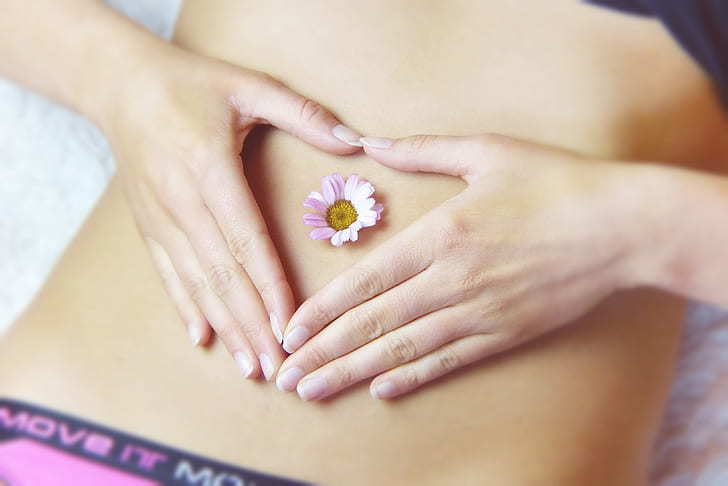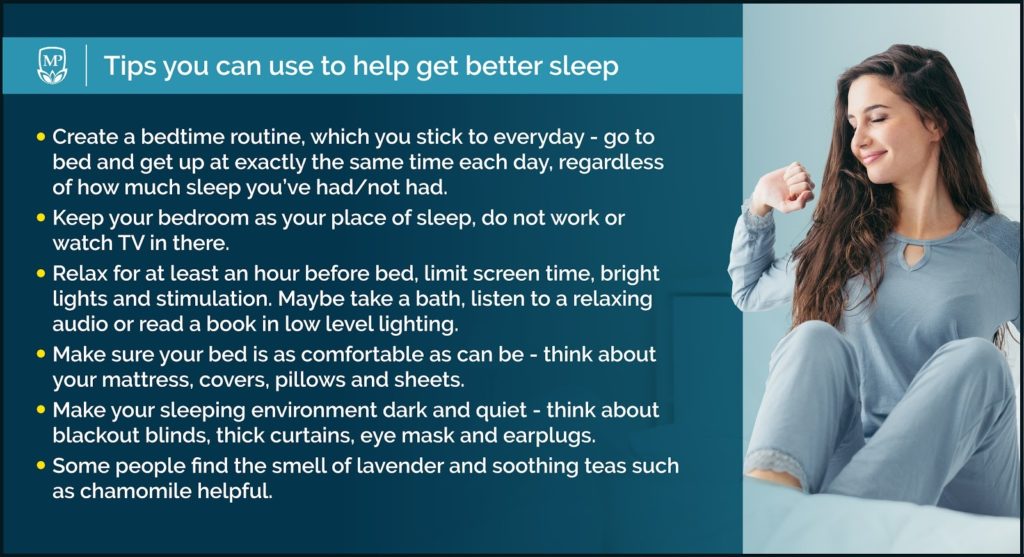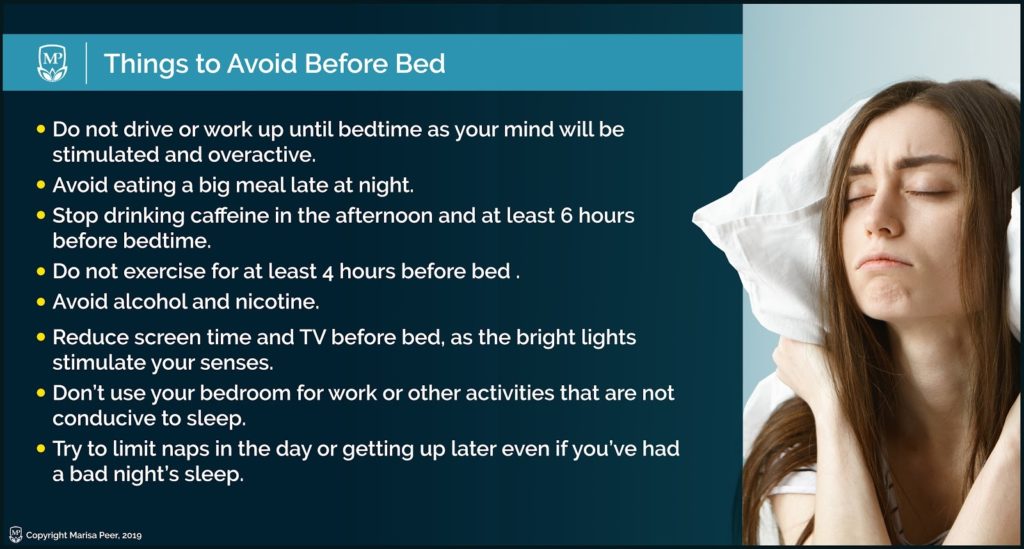Are you stressed? Have you felt overwhelmed, under pressure, or perhaps that you just can’t cope? You’re not alone. We’re currently experiencing a dangerous modern day stress epidemic.
In this articles you will learn what stress is, how it can impact your life and the 10 proven stress management activities can help you cope with every day stresss better.
How Stress Impacts Health
According to the Mental Health Foundation, 74% of UK adults have felt so stressed in the last year that they felt overwhelmed or unable to cope. Millions of people all over the world are experiencing extremely high levels of stress, which has been associated with major mental and physical health issues. Stress is believed to trigger 85% of serious illnesses and 70% of visits to doctors.
Health issues linked to stress include:
- Anxiety
- Depression
- Diabetes
- Digestive issues like IBS (Irritable Bowel Syndrome)
- Cancer
- Fertility Issues
- Heart attack and disease
- High blood pressure
- Immune disorders
- Insomnia
- Stroke
- Ulcers
What Causes Stress?

When we perceive a situation as demanding, dangerous or threatening, we can feel stressed and anxious. This can be accompanied by physical reactions in our body, such as increased heart rate, sweaty palms/skin, rapid shallow breathing, or even shaking with nerves.
This is because every thought we have creates a biochemical reaction in our bodies. Stress is not just in your head, it’s in your body. When we feel apprehensive our bodies respond with the stress response, which releases cortisol, adrenaline and stress hormones into our body, activating our sympathetic nervous system. Our bodies then prepare to fight or flight, which is what our ancestors would have needed if, for example, they were attacked by a wild animal or needed to fight for food.
We may not be chased around by wild animals these days, but we are constantly dealing with stress on a daily basis, placing physical, mental and emotional demands on us. There are always lessons to be learnt, decisions to be made, and deadlines to meet. Plus, life events often cause additional stress, which has no outlet in our modern sedentary lifestyle.
Some common causes of stress:
- Work – the high pressure deadline-driven working week can cause significant stress, which is thought to cost billions each year in terms of absences from work.
- Life events – moving house, getting married, divorce, baby/children, losing someone.
- Home – family pressure, relationships, bills, clutter, busy schedules and busy lives.
- Study – exam pressures, peer pressures, competing or unsupportive systems.
- Technological – constantly being connected to devices 24/7, unable to switch off.
- Internal conflict and disconnect – feelings of ‘I should’, I must’ and ‘I need to.’
When we encounter any kind of stress or threat to our general well-being, our body activates the stress response. However, if we are not acting on this biochemical response and using it to burn off the stress hormones, then it can cause health issues.
High cortisol levels idicate to your body to store more fat. It will also switch off your fertility as your mind thinks that you must be in danger, which is not the right time to have a baby. Stress can also make you lose your hair, cause your skin to break out, deplete your energy levels, and lead to all kinds of disease.
When demands exceed a person’s ability to cope, problems can arise as cognitive, emotional, physical or behavioural changes.
Now we have so many things to be stressed about. Stress is not going to go away. We live in a world of stress. Instead of trying to get rid of it, it’s much better to decide, “Well, I’m just going to deal with it,” because it’s actually unreasonable to never have stress.
There have been some studies that say monks that live on a desert island feel stressed. The people who live in isolation feel stress. If you have children, if you have a family, if you have a job, if you have a life, you are going to be stressed.
Stress management involves addressing stress levels, either by reducing pressures or by learning coping strategies — ideally a combination of the two.
By understanding the causes and effects of stress in ourselves, we are also in a better position to recognise it in others and offer support when needed with stress management.
10 Proven Stress Management Activities
1. Breathe

As soon as you relax, what’s the first thing you do? You may not even notice, but you will let out a deep breath—releasing tension as you release air. Have you ever let out a sigh of relief and felt all the stress and tension just melt away? Our breathing is something we can control and a powerful way to influence our body.
Chest or belly breath?
When we are stressed, our breathing tends to become more rapid and shallow—breathing from our chests instead of deeply into our belly.
A good way to see where you are breathing from is to place one hand on your chest and the other hand on your belly. Notice which hand is moving more.
We want to breathe into our diaphragms with long slow breaths. The next exercise will show you how.
How to breathe better

Place both hands on your belly, just under your navel. Your fingers touching on an out breath.
As you breathe in, imagine filling your belly up like a big balloon and see your tummy rise with fresh clean air. Your fingers should no long be touching, pulled apart by your expanded tummy.
As you release and exhale, imagine letting go of all the stress, tension and anxiety through a long controlled breath. As you expel it out, blow it far away into the distance and realise that it has now disappeared, dissipated and absorbed into the atmosphere.
Square or box breath:
This is a powerful breathing exercise that activates the relaxation response in the nervous system.
The square breath is made of four equal parts—like a square:
- Breath in for a count of 4.
- Hold for a count of 4.
- Release for a count of 4.
- Hold for a count of 4.
Repeat.
This simple breathing technique can relax your body and mind quickly and effectively. The beauty of breathing techniques is that they are free and you can do them anywhere anytime you feel stressed or just want to relax your body and mind.
2. Move
The stress response sets us up for physical activity, to fight or flight. However, our sedentary lifestyles often have us sitting for hours on end, not moving our bodies, which are full of stress hormones primed and ready to run. I’ve heard the expression that ‘sitting is the new smoking’ as it’s considered so unhealthy. Movement is a critical component for a healthy life and one of the most powerful stress management activity you can do.
One of the quickest and easiest ways to deal with stress is to push your shoulders down. You will notice that when you are stressed your shoulders rise up. By pushing them down you are signaling to your mind that you want to relax.
If you work at a desk, try to get up once an hour for a walk around, stretch your body, reconnect with your breath. Yoga and tai chi are great practises for stress management, loosening up the body and getting any stuck, stale energy in the body flowing correctly again.
Gentle movement all the way up to more vigorous movements, such as a workout, jog or even just a walk at lunch times, will help your body burn off the stress hormones and reset your body to its natural equilibrium and homeostasis. Exercise also releases feel-good hormones, which counter stress and can increase productivity, focus and concentration.
3. Shake

Another one of the best ways to reduce stress is something our bodies do naturally, which is shaking. If you have ever been nervous about something, like giving a presentation or facing a fear, you may have experienced your body shake. Actually, shaking is a great thing to do when you are stressed, as it releases tension from the body.
If you’ve ever watched animals, when they are stressed they will shake. They shake a lot and then they feel better. If you’ve seen little kids, what do they do when they’re upset? They fling themselves on the floor and they kick their arms and legs out and they scream, and then they get up two minutes later and they are fine. Kids have what we call a tantrum, to release stress from their bodies. It’s actually super smart.
You don’t need to have a full blown tantrum in order to destress. Putting on your favourite music and dancing around shaking your body is also a great fun way to release stress. Don’t just take my word for it. Give this stress management activity a go and notice how you feel before and afterwards.
4. Meditate
Meditation or listening to guided relaxation audios, has been proven to be incredibly effective in stress management and relaxing the body and mind.
In Buddhist philosophy, the purpose of meditation is to liberate the mind from attachment to external circumstances, strong emotions and things we cannot control.
Meditation is about being powerfully present and gaining awareness—you’re not trying to stop or suppress your thoughts and feelings, but observe them without judgement.
A simple meditation practise for beginners:
- Sit or lie in a comfortable position
- Close your eyes
- Focus on your breathing—do not try to control it, just breathe naturally.
- Notice how your body moves with each inhalation and exhalation. Each time you notice your mind wander, simply bring back your attention to your body’s breath.
Guided meditations, self-hypnosis and relaxation audios are also excellent for stress management.
This Perfect Relaxation self-hypnosis audio by Marisa Peer is a wonderful audio tool to relax and achieve health from within. You can dramatically reduce stress using the power of your mind by simply listening and enjoying this audio.
4. Eat

Hippocrates famously advised “let food be thy medicine and medicine be thy food”. Our diet is incredibly important to stress management and our overall health and wellbeing.
Eating a plant-based diet with lots of fresh and locally produced organic vegetables is ideal. Toxins for the body, such as nicotine, alcohol, caffeine and refined sugar stress the body. This is a helpful guide on 5 foods to avoid for healthy eating. You can also get practical inspiration for the best and worst foods to eat from this article: The Foods I Rate and Hate.
5. Sleep
Anyone who has ever struggled with insomnia (or has had children!) will know how stressful it can be when we don’t get enough sleep.
Set aside enough time for sleep and this can be the stress management activity that is needed the most. Here are some practical tips you can use to help get better sleep.

Perfect Unbroken Deep Sleep is a relaxing hypnotic audio you can listen to at night to be free of insomnia and enjoy refreshing sleep. Get the best night’s sleep every night, with instant access now.
6. Relax
Self care is health care
Relaxing activities activate the parasympathetic nervous system and your body’s natural healing state. Activities like getting a massage or pampering yourself is not just a luxury, self care should be part of your health care routine and is an important part of destressing.
Hugging hormones
Physical touch is also important as it releases oxytocin. Oxytocin is a chemical that increases when we hug, touch or are physically close to someone. Oxytocin can have anti-stress benefits, such as a reduction in blood pressure and lowering stress hormones. Hugging someone for at least twenty seconds, or ten minutes of hand holding, increases oxytocin and reduces the harmful effects of stress.
7. Love
When you do activities you love, you get into a flow-like state, a bit like hypnosis, which relaxes your nervous system. Doing things we love not only releases happy hormones to make us feel good, but it makes us healthier too as it reduces stress.
Enjoy ‘stress management’ with a favourite hobby or watching a funny movie. Laughter is important as it releases endorphins and decreases the stress hormones in the bloodstream.
In this article, Hypnosis for Depression:Overcoming Depression with Hypnotherapy, Marisa Peer shares insights from years of experience as a world leading therapist. She believes that depression can often arise from people not doing what they love with their lives, leading to disconnection. Marisa says:
8. Imagine

Your imagination is the most powerful tool you own and when you learn how to use it as part of stress management, you can influence how you body responds. As we saw at the beginning of this article, whilst we cannot change the situation, we can change how we respond and the meaning we attach to it, which has a huge impact on how stress affects us.
9. Talk
As they say ‘a problem shared is a problem halved.’ It’s important not to suppress your feelings, but to listen and act on them. If everything has a purpose what can you learn from a stressful
situation? What needs to change? What result would you want instead? It’s useful to gain a different perspective on the situation. Sometimes the best way to do this is to talk to others and benefit from their valuable experience, or gain expert’s opinions and advice.
10. Therapy
Just in the same way we use trainers for our bodies and coaches to improve our sports, therapy can give us the tools and techniques to empower major transformation in our lives.
Any traumatic experience can form deep-rooted beliefs that affect our behaviour on a subconscious level. Rapid Transformational Therapy helps people understand and transform the underlying issues, freeing people from any limiting beliefs, reprogramming the mind for success. Learning stress management techniques can benefit all areas of your life.
Stress comes from your mind
 It has been proven that some stress can be good for you. It can help you accomplish tasks more effectively and actually improve performance.
It has been proven that some stress can be good for you. It can help you accomplish tasks more effectively and actually improve performance.
In her TED talk, How to make Stress Your Friend, Health Psychologist Kelly McGonigal quotes a study that tracked 30,000 adults in the United States over eight years. It found that critically it wasn’t the amount of stress people experienced, but rather what they thought about it that had the biggest effect on their health.
It was concluded that people didn’t die prematurely from stress itself, but from believing that stress was bad for them. It was all about stress management and perception. McGonigal says “When you change your mind about stress, you can change your body’s response to stress …your body believes you, and your stress response becomes healthier.”
‘The most powerful potential on the planet comes from your mind.’
This is something Marisa Peer, founder of Rapid Transformational Therapy teaches in her latest book I Am Enough. In her Rules of the Mind article, Marisa says “every thought you think causes a physical reaction and an emotional response within you. First you make your beliefs and then your beliefs make you.”
When we believe that stress is a terrible thin, we say “Stress is giving me a heart attack …The stress is killing me…. I’m so stressed I’m going to lose my mind…”
Marisa explains that we cannot control what happens to us, but we can control how we respond and the meaning we attach to situations, therefore how it affects us. Marisa talks about how anxiety and excitement are pretty much the same feelings, just with different meanings attached to them.
Change the Stories and Self talk
When you are stressed you have to decide to talk about it differently. Tell yourself a different story. Change perspectives.
I had a builder not long ago come to our house. Usually I notice that the builders all come round and say things like “This is a nightmare. This is a disaster.” However, this builder said “Oh, this is a challenge.” I knew that he had done self development work, as he had learnt to see things as a challenge that can be met.
When you can say this is a challenge – your mind hears that that you have a situation that can be dealt with, even an opportunity. As your mind is always listening to the words and images you use, talk yourself out of stress by carefully choosing positive empowering words.
Learn more about Rapid Transformational Therapy™ or find a therapist to experience the power of Rapid Transformational Therapy for yourself.



